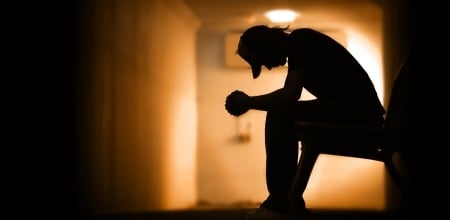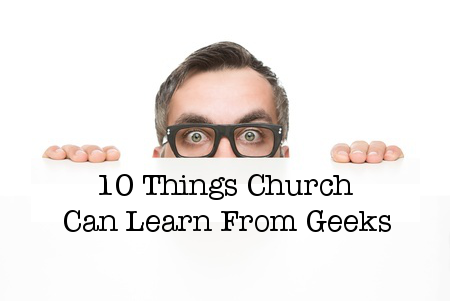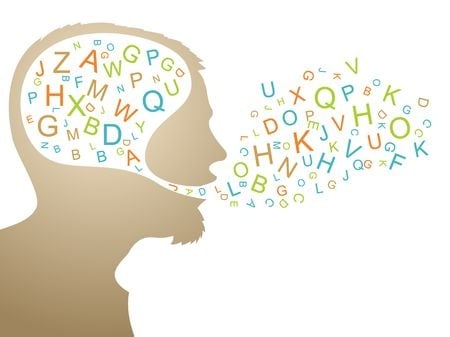
It is not unusual to find that those who have incorrectly begun treating Christianity as a heritage also cling tightly to a modern, warped conceptualization of American exceptionalism. In the US, many people have conflated their religion and their patriotism in a way that makes it is hard to tell where one begins and where the other ends. For the Church, the body of Christ, this has created a very volatile and decidedly un-Christian environment.
Let’s begin, though, with a look at American exceptionalism. What it has come to mean and what it is supposed to mean have drifted too far apart. American exceptionalism is supposed to point to the unique qualities of the formation of the United States. (Conservatives who use the term might also be surprised to find out that it was coined by the American Communist Party). It points to the way we were formed, the ideologies that influenced our formation and the uniqueness of the structure of government which developed out of those things.
What it has come to mean is something quite different. Exceptional has been made equivalent to superior. Many times those making a call to American exceptionalism are now really making an unfounded call to the superiority of America and its ways in comparison to all other ways.
As if that weren’t problematic enough all on it’s own, the converse of what I opened this article with is equally true: It is not unusual to find that those who cling tightly to this modern, warped conceptualization of American exceptionalism frequently are also those who have incorrectly begun treating Christianity as a heritage. They wrap crosses in American flags as if the two have always been together and through that imagery claim what amounts to an unholy union.
When the two are practiced this way, the blind faith that is necessary to practice Christianity as ‘heritage’ and the blind following of an unquestioning patriotism combine to make a group of people who are necessarily closed to outsiders and particularly opposed to anything that favors anyone other than themselves. The blindness of it all, the unquestioning devotion to what they perceive as the traditions of their Protestant Christian heritage and the unflappable support of all policies that come from ‘their’ representatives in name of patriotism, calls for them to practice either cognitive dissonance or willful ignorance any time the facts point to something other than what they want to believe.
This is a problem for the Church, the body of Christ, because that is not who Jesus taught us God calls us to be. We are told to care for the outsiders, particularly those who are marginalized and undeserved. The conflation of Christianity as a ‘heritage’ and American exceptionalism create communities where the exact opposite of that is practiced in order to maintain the purity of the group. The Bible tells us that God “moves about in a tent,” is “about to do a new thing,” and we see that Jesus constantly asked the people he met to change. The conflation of Christianity as a ‘heritage’ and American exceptionalism demands a steadfastness and rigid resistance to change of any type as well as an unquestioning devotion to the past. We also know that biblically, wisdom is that thing in which God delights daily, but the conflation of Christianity as a ‘heritage’ and American exceptionalism, as I have already noted, requires a constant denial of facts that negate what you want to be true.
The conflation of Christianity as a ‘heritage’ and American exceptionalism is killing the Church and trying to do the same for our nation. Those who are willing to confront these realities must begin working together to breakthrough the blind haze that has entrapped our communities. We do so by naming it out loud, by no longer sitting silently aside and shaking our heads in not only sad amusement but in our own self-serving form of superiority. We must trust that the truth will indeed set us free and stop being afraid to name the problems because of the negative backlash we might suffer in our places of worship and ministry, because those places are the the very places that need the truth to be prophetically proclaimed.
Part 1 of this series: The Pitfalls of Practicing Christianity as Heritage











